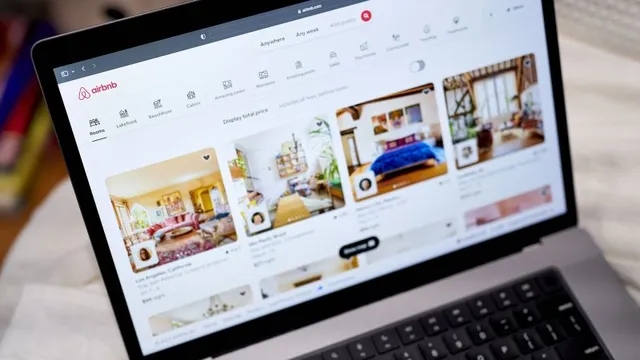
Airbnb implements total price display to combat hidden fees
2025-04-21 00:00- Airbnb has now started showing the total price of a stay by default, including all fees and taxes.
- This change is part of Airbnb's response to new US federal regulations aimed at increasing pricing transparency.
- The move aims to enhance consumer trust and ensure a better booking experience for users.
Express your sentiment!
Insights
On April 21, 2025, in the United States, Airbnb initiated a significant change to its pricing display method, aligning with its goals for greater transparency and consumer protection. The platform now defaults to showing the total price of a stay, which includes all fees and taxes, rather than just the base nightly rate. This shift aims to address one of the major complaints from users regarding unexpected costs that inflate the price of an Airbnb rental compared to traditional hotels. This decision comes in light of new federal regulations on junk fees scheduled to take effect on May 12, 2025. The Federal Trade Commission (FTC) announced last year that new regulations would prohibit businesses, including short-term rental platforms like Airbnb, from concealing additional fees within their pricing structures. The rule mandates that total pricing must be clearly presented upfront before consumers finalize their agreements. While this regulation doesn’t limit how much companies can charge, it emphasizes the need for transparency in pricing, compelling Airbnb to adopt clearer communication methods for its customers. Previously, the company had tested this pricing model in various regions, including Australia, Canada, and parts of Europe, since 2019. In the last few years, the feature has been rolled out as an option for users in Canada and the United States, with approximately 17 million guests utilizing it so far. The motivation behind this change is not solely to comply with legal requirements but also to improve user experience and foster trust in the brand by ensuring that guests are fully aware of the total cost before booking. As Airbnb continues to adapt to evolving consumer preferences and regulatory environments, displaying full prices upfront represents a critical step toward maintaining competitiveness in the marketplace and assuring guests that they won’t be surprised by hidden charges at checkout. The company’s commitment to affordability and transparency aligns with broader trends in the hospitality industry as travelers increasingly prioritize clear and straightforward pricing when choosing accommodations.
Contexts
The topic of junk fees has garnered significant attention as new US federal regulations seek to address their proliferation and impact on consumers. Junk fees are often defined as unexpected charges that are not disclosed upfront and can significantly inflate the cost of a transaction. These fees can be found in various industries, including travel, telecommunications, and service sectors, leading to consumer dissatisfaction and erosion of trust in service providers. The growing concern over these fees has prompted policymakers to take action to enhance transparency and protect consumers from deceptive practices. The recent federal regulations aim to curb the issuance of junk fees by mandating clearer disclosures from businesses regarding all fees associated with transactions. Under the new rules, companies will be required to provide upfront estimates that include all potential charges, ensuring that consumers are fully informed before making purchase decisions. This transparency is expected to allow consumers to make more informed choices and compare prices more effectively across different providers, fostering a competitive market environment. Additionally, the regulations will bolster enforcement mechanisms against companies that engage in deceptive billing practices. By establishing penalties for non-compliance, the federal government intends to create a deterrent effect, thus encouraging businesses to adhere to ethical pricing strategies. The emphasis will be on establishing consumer trust and reducing the incidence of unexpected charges, which have long been a source of frustration for American consumers. Ultimately, these federal regulations represent a significant step towards enhancing consumer protection in the marketplace. By tackling the issue of junk fees head-on, the government hopes to promote fairer business practices and improve the overall purchasing experience for consumers. As these regulations come into effect, both consumers and businesses will need to adjust to the new landscape, with a focus on transparency and accountability becoming paramount.